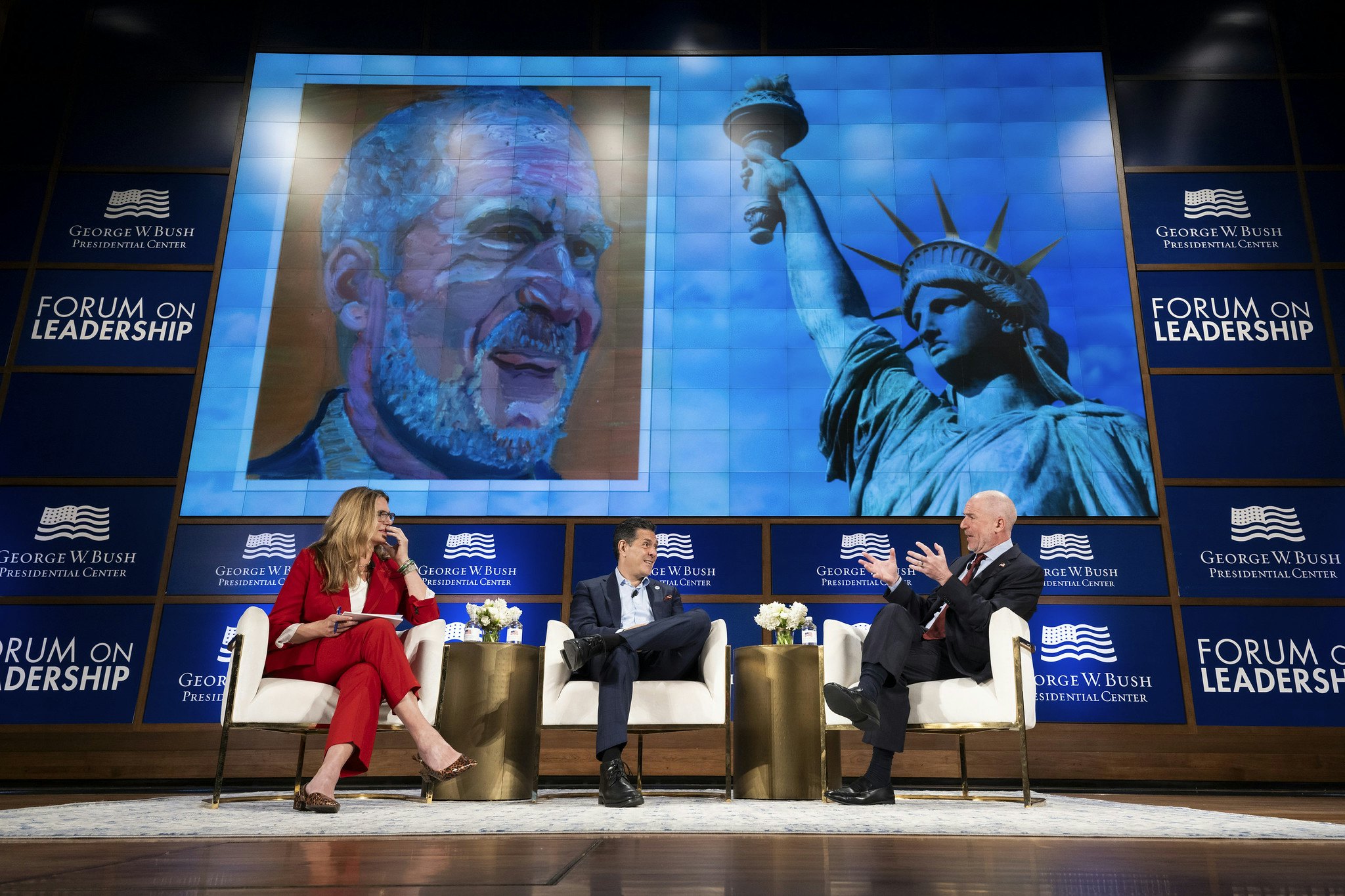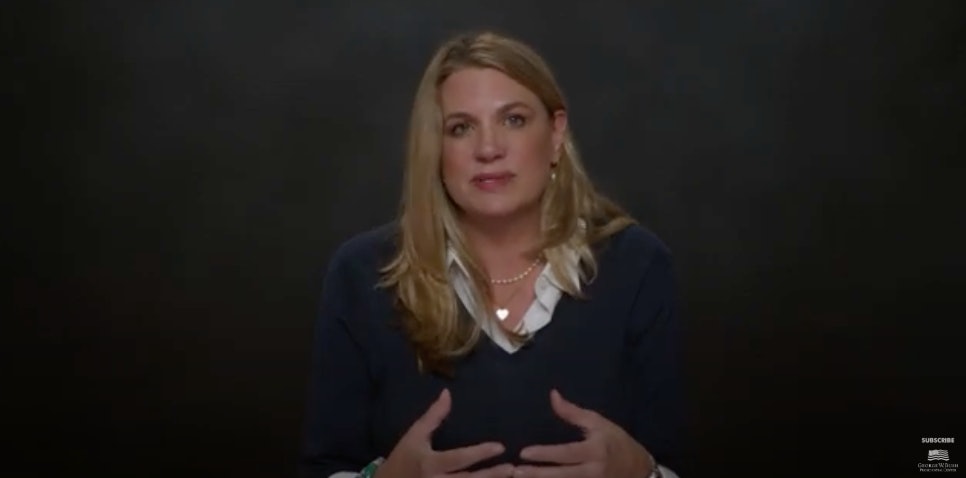Fortune has termed Michael Sorrell, president of Paul Quinn College in Dallas, one of the top 50 global leaders for his role in reinventing his school. The historically black college faced a likely closing until Sorrell turned it around with a new urban college model. He recently spoke with The Catalyst about that model.
What does the new urban college model look like or should look like? And what does higher education need to do to make it work?
I’m not asking higher education to do anything to make it work. We’re going to implement it, and we’re going to replicate it, and we’re going to open up institutions across the country that force higher education to change in order to keep pace with what we’re doing.
The model is complicated so think of it as having three foundational pillars.
The first is experiential learning, which takes place via our work program. All of our students who live on campus — and we’re going to build it to every student — get jobs. They’re required to work and go to class.
The reality is 80 percent of college students already work more than 30 hours per week. What if we give you back 30 percent of your time by folding the work into the academics? Instead of trying to manage that all by yourself, an institution helps and supports you.
That’s the first leg — people work 10-15 hours per week, and it reduces the cost of tuition and fees. It also gives you spending money.
The second leg is project-based group learning. This is about teaching people to solve the problems of their lives. Starting this fall, all students will work in groups to solve a real-world problem.
The third leg is the Quinn-arts. We said, “If we were going to redesign the liberal arts for this era, what would they look like?” Businesses told us that people need to be able to write and speak well. So we created a focus on grammar and rhetoric. We also heard students need to think critically. So we added reasoning.
We added all these things into a foundational experience. Every class across the curriculum is asking students to write papers. The same is true for public speaking, debates, and persuasive speaking. And every group project requires students to think critically to solve a real-world problem.
The fourth Quinn-art is building digital mastery. Every class requires you to demonstrate digital mastery.
We are guaranteeing that each semester and each year Paul Quinn college students will learn these arts. When an employer gets a Paul Quinn college student, they will know how to write well, speak well, think critically about real-world problems, and have a set of skills that involve familiarity with technology.
They do this in a work-college environment where they graduate with a real-world academic transcript, and a real-world work transcript. You know how to think, and you know how to do.
You also will owe less money. You will receive twice as much education as someone who paid three times as much money, and you will have a guaranteed, certifiable set of skills which you can then market.
And we are including “College Forever.” We don’t know what the world will look like in the future. But we have said that if you graduate from Paul Quinn, and join the alumni association and pay your dues, you can come back to school and be re-skilled for free.
This what the model’s going to look like.































